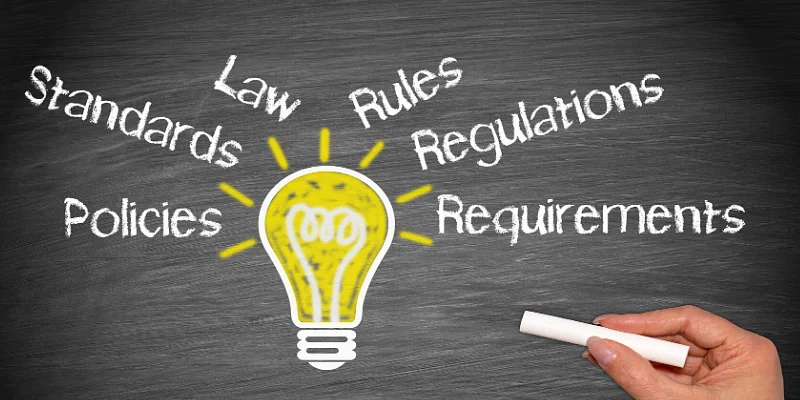Have you recently started or are you thinking of starting a small business? If so, many critical legal considerations must be taken into account to ensure the success and protection of your business.
To make sure you are meeting all of the necessary laws and regulations, you should understand the various compliance requirements for running a small business.
Choosing the Right Business Structure
When starting a small business, one of the first steps you should take is selecting the right legal structure for your specific needs. This decision depends on the type of business and its size; there are different types of business structures to choose from, such as sole proprietorship, limited liability company (LLC), corporation, and partnership. Each type of business structure has its advantages and disadvantages, so it is important to understand what type would work best for you.
Additionally, you should consult a qualified business attorney in Salt Lake City or wherever you are located who can help you choose the right legal structure for your small business. This attorney can also guide the other legal requirements you must comply with to protect your business.
Compliance With Local, State, and Federal Laws
Aside from choosing the right legal structure for your small business, you must also ensure that you comply with all applicable laws and regulations. Depending on your specific industry and business type, you may have to comply with and follow certain laws and regulations, both at the local, state, and federal levels. This includes understanding employment laws such as minimum wage requirements, visa and immigration regulations for employees, tax laws (including payroll taxes), safety standards in the workplace, consumer protection laws, environmental regulations, zoning restrictions for your business location, and more.
Contract Law Considerations
As a small business owner, you should also be familiar with contract law and how it applies to your business operations. You will likely have to sign contracts with other businesses or individuals when conducting transactions related to the goods or services you provide. It is important that you are aware of what is included in the contracts you sign and that they are legally binding. A qualified business attorney can help you review contracts to ensure compliance with all applicable laws.
Intellectual Property Law
If your small business is involved in creating or selling products, it is important to understand intellectual property law and how it impacts your business operations. This includes ensuring that you have appropriate trademarks, copyrights, and patents in place to protect your business from potential infringement. Additionally, a qualified business lawyer can help you draft or review agreements related to the protection of your intellectual property rights.
Labor Law Considerations
Another important legal consideration for small business owners is labor law compliance. This includes understanding any applicable laws related to wages, overtime pay, employee benefits, hiring and firing practices, and more.
Having employees or contractors requires compliance with state and federal labor laws, and you must understand the requirements for your specific business. It can also be beneficial to consult with a qualified employment lawyer who can help you ensure compliance with all applicable labor laws.
Data Privacy and Cybersecurity Considerations
Finally, if your small business collects or stores customer data or other sensitive information, it is essential to understand data privacy and cybersecurity laws. This includes any applicable data protection regulations imposed by the state or federal government, as well as industry-specific standards related to protecting customer information. A qualified business attorney can provide advice on compliance with these laws and help you develop effective policies for protecting your business from potential cyber threats.
By understanding and complying with applicable laws and regulations, you can protect your small business from potential legal issues. In addition to consulting with a qualified business attorney, there are also several resources online that can help you stay informed about the legal requirements for owning and operating a small business. Doing so will go a long way toward protecting your small business and helping it grow and thrive.

Welcome to our blog! My name is Yuvraj Kore, and I am a blogger who has been exploring the world of blogging since 2017. It all started back in 2014 when I attended a digital marketing program at college and learned about the intriguing world of blogging.
